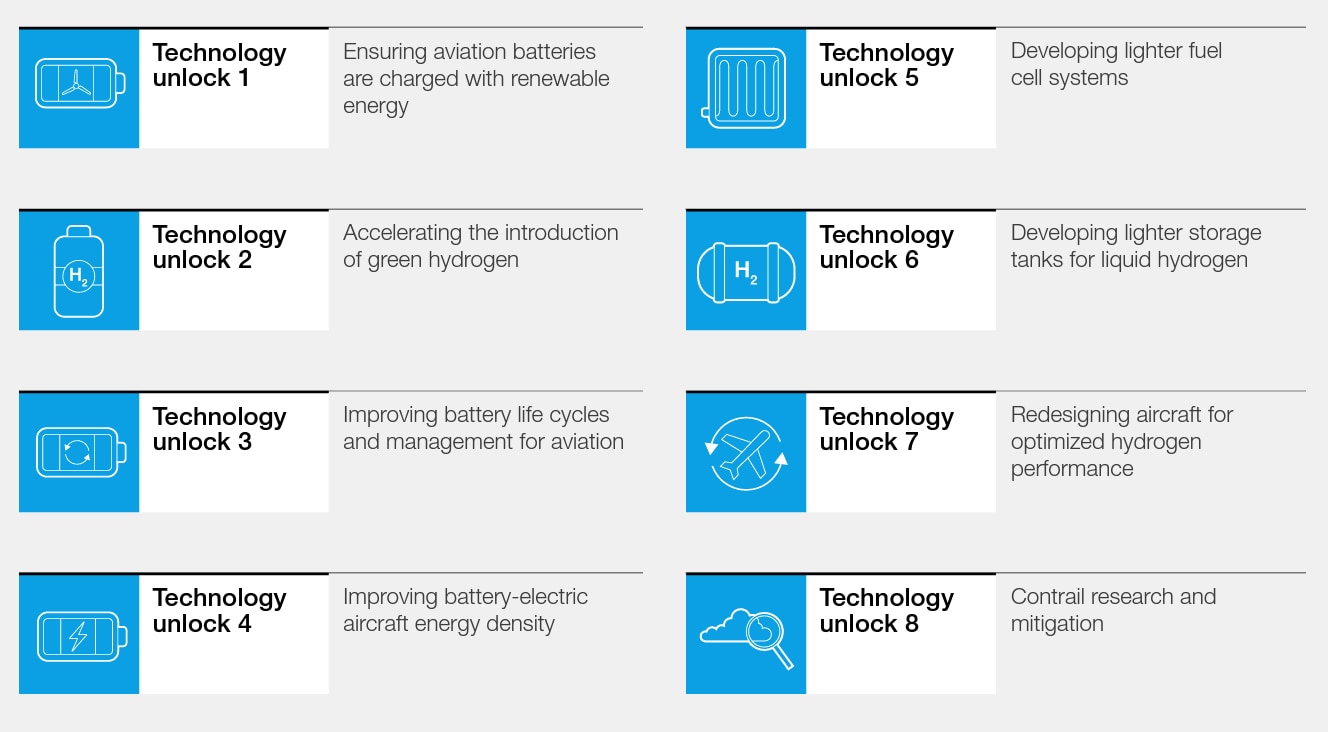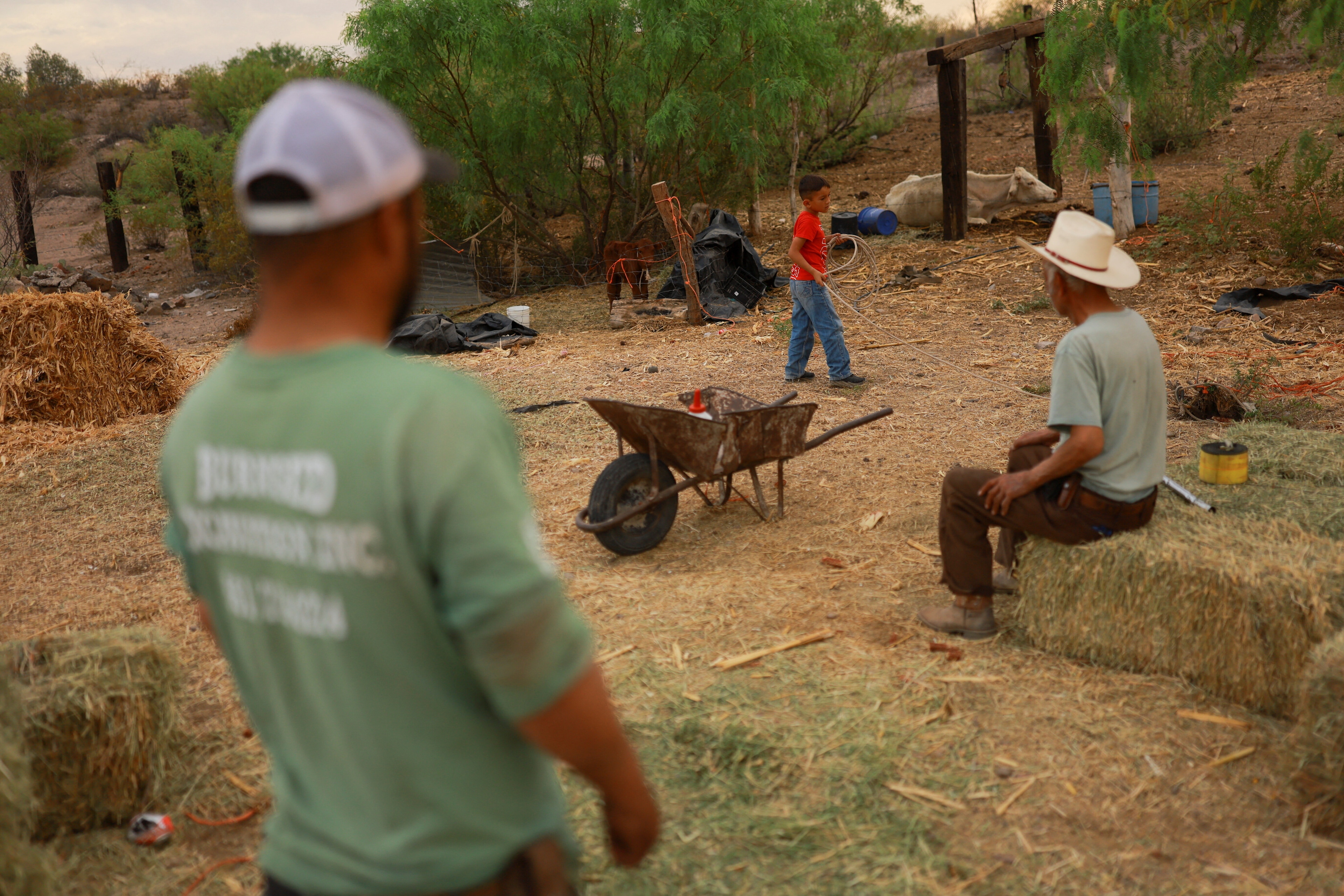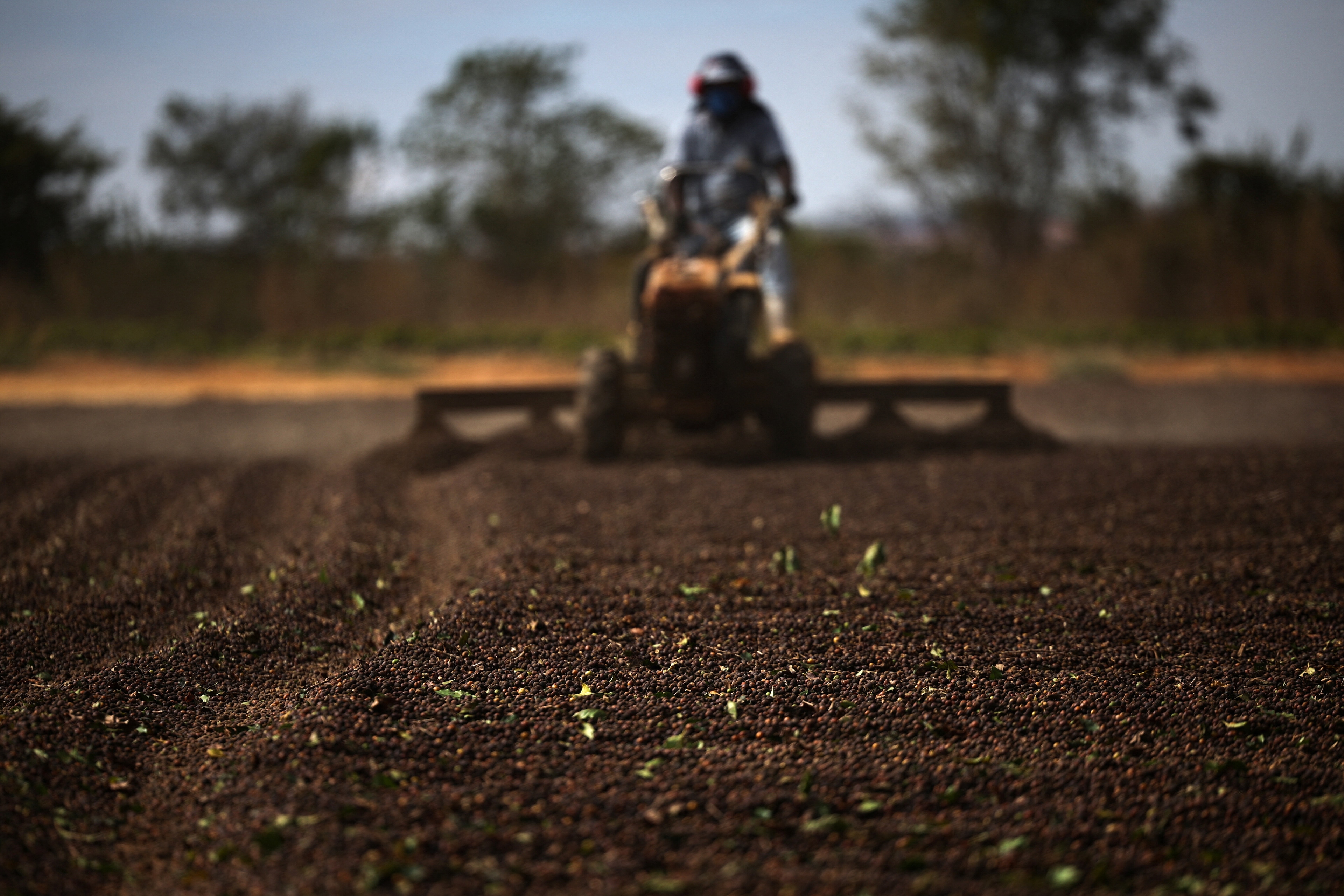How hot is Earth today compared to when you were born? 5 climate change stories to read this week

Sustainable aviation, 3D-printed food and heatwaves - here are the latest stories on climate change.
Image: Unsplash/Pawel Czerwinski
Stay up to date:
Climate Indicators
Listen to the article
- This weekly roundup brings you some key climate change stories from the past seven days.
- Top stories this week: Earth's warming, visualized; Aviation turns to hydrogen for sustainability; Heatwaves across the world; 10 eco-friendly foods; Lessons from hot countries on managing heatwaves.
1. How much hotter is Earth today than when you were born?
From wildfires across Europe this month to droughts around the world, climate change is being felt by billions around the globe.

These heat maps from NASA help visualise the story of global warming from 1930 to 2021. Find out how much hotter earth is today than when you were born.
What’s the World Economic Forum doing about climate change?
2. Could hydrogen-fuelled flights be a reality by 2035?
To achieve net-zero goals, aviation industry leaders are turning to alternative fuels, such as hydrogen, to reduce the industry's environmental footprint.
A new report by the World Economic Forum and the University of Cambridge’s Aviation Impact Accelerator explores how aviation can achieve a true zero climate impact.

From using battery electric aircraft to switching to hydrogen fuel, explore the future of aviation.
3. Here's how concurrent heatwaves are impacting the world
Runways melting, wildfires raging and heatstroke deaths. Climate change is making heatwaves more frequent and intense.
While researchers urge the world to cut greenhouse-gas emissions, cities must also prepare to deal with the heat. From adapting key infrastructure such as railways to adding things like robust weather warning systems, the world needs to take action.
Discover how heatwaves are impacting life around the globe.
4. These eco-friendly foods are helping tackle climate change
The global food system generates roughly one-third of global greenhouse gas emissions. So, agriculture and food production systems are central to efforts to cut global emissions.

From eggs made without chickens to 3D printed food, explore the eco-friendly foods that can help tackle climate change.
5. 7 lessons to learn from hot countries on dealing with heatwaves
Heatwaves can have an impact on both physical and mental health, so what can we learn from countries that are experienced in handling heatwaves? Here are some of the key points:
- Check in on vulnerable citizens
- Provide early heatwave warnings
- Distribute cooling systems equitably
- Create shaded areas
Discover more ways to help keep cool.
Accept our marketing cookies to access this content.
These cookies are currently disabled in your browser.
Don't miss any update on this topic
Create a free account and access your personalized content collection with our latest publications and analyses.
License and Republishing
World Economic Forum articles may be republished in accordance with the Creative Commons Attribution-NonCommercial-NoDerivatives 4.0 International Public License, and in accordance with our Terms of Use.
The views expressed in this article are those of the author alone and not the World Economic Forum.
Related topics:
Forum Stories newsletter
Bringing you weekly curated insights and analysis on the global issues that matter.
More on Climate ActionSee all
Jose Ignacio Galindo and Nicolas Wertheimer
July 24, 2025
David Elliott
July 22, 2025
Stephanie Dunn and Firuze Alpaydin
July 22, 2025
Muhammad Hassan Dajana and James Balzer
July 22, 2025






